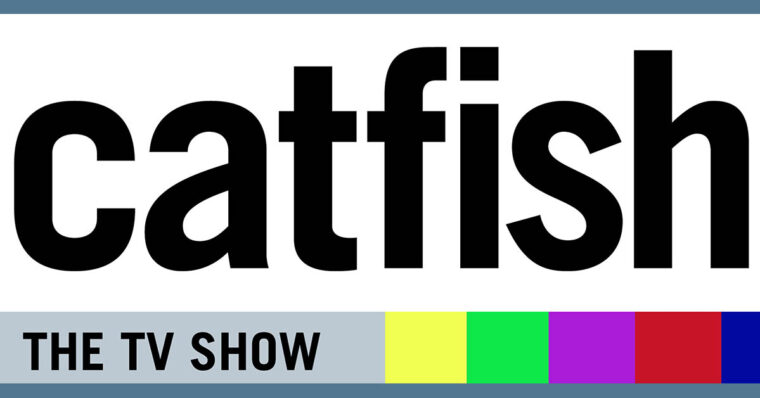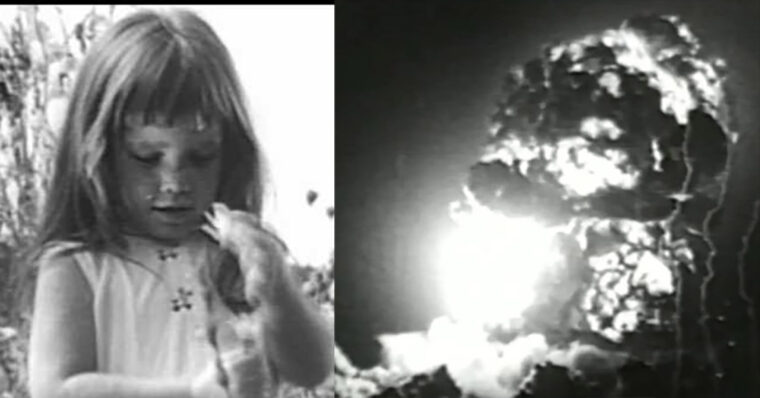This one-sheet was created for the SOPHIA of Worcester County chapter by students in the Communication Law and Ethics course at Fitchburg State University. It was edited by Dr. J. J. Sylvia IV. Its creation was supported by SOPHIA and the Douglas and Isabelle Crocker Center for Civic Engagement. Students included Landon Callahan, Megan Ptak, Cameron Barry, Evan Hanson, Anthonio Garcia, Dylan Aquino, and Joey Bertolino.
Targeted advertisements are used when websites and apps track the online activity of an individual and tailor advertisements for products and services that the person may have an interest in. This data collection can be done by gathering a user’s search history, web pages visited, location, and more. This now common form of advertising can be very effective in selling a product or promoting a brand. However, ethical debates surround issues such as how certain demographics will be targeted, potential privacy concerns, and the effects this practice may have on democracy. This SOPHIA one-sheet examines ethical questions about targeted advertisements.
SOPHIA is grateful to Dr. Sylvia, his students, and the Crocker Center for Civic Engagement at Fitchburg State University.







